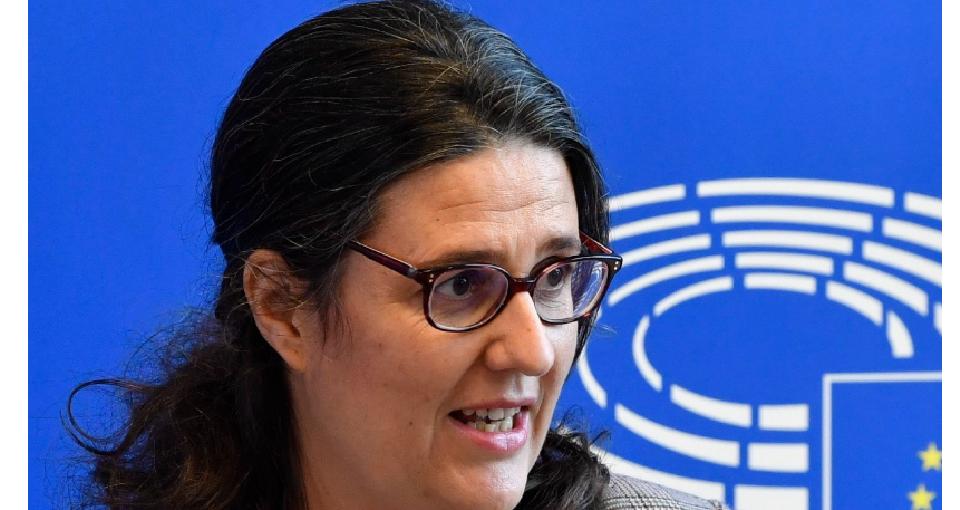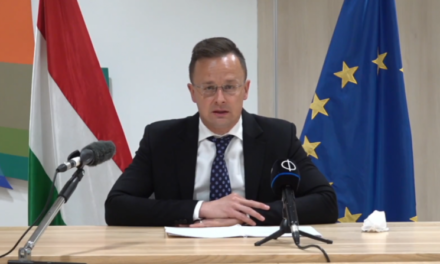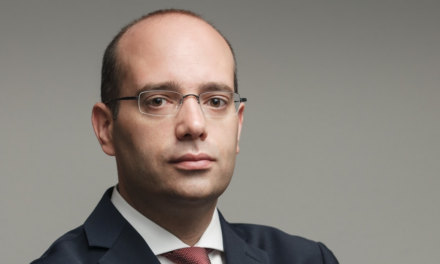Even though the left-liberal side really wants to, it cannot prevent Hungary from holding the presidency of the European Union next year.
Zoltán Gyévai pointed out that those attacking successive Hungarian presidency are too late, and there is no unified action to prevent Hungary's EU presidency. According to the Brussels correspondent of Free Europe, such an intervention would backfire and cause a break in the work of the union, especially in the unity of the Swedish-Belgian-Hungarian trio.
- The situation is further complicated by the fact that Hungary's presidency is going through a bit of a lame duck period, as new institutions will be set up after the 2024 European Parliament elections. This means that everything will change during the six months that "Hungary will be at the wheel of the union". Zoltán Gyévai pointed out that a new parliament will be established, the staff of which may change significantly, and even the president of the European Council will change. According to the correspondent, it is precisely for this reason that it is neither politically nor in time realistic to assume that Hungary will not hold the post of president of the European Council.
"There are, however, means of how Hungary's presidency could be postponed to a later date, if not prevented. Moreover, the possibility cannot be ruled out that some effort will be made in order to limit Hungary's powers primarily in matters of the rule of law, for example, that in such matters our country will hand over the right to preside over the other two members of the trio," the correspondent opined.
The Dutch Meijers Committee also recently presented the legal means of preventing the Hungarian and Polish EU presidencies in 2024 in Brussels. At a joint committee meeting of the Civil Rights, Home Affairs and Justice Committee (LIBE) and the Constitutional Affairs Committee (AFCO), a group of experts consisting of lawyers, university lecturers, researchers, judges and lawyers outlined three different scenarios, in which they showed the possibilities of removing or limiting the consecutive presidency in.
Since the presidency program is developed jointly by the three successive countries at the head of the European Council - in this case Spain, Belgium and Hungary - next in line, the Meijers Committee's first proposal was that the three member states agree that at the meetings where the rule of law issues are being discussed, apart from our country, which of the other two countries should preside.
The experts suggested changing the order of successive presidencies, which, although it had already taken place several times before, was never done against the will of the country concerned, as a political sanction.
The third proposal aimed for the European Parliament to adopt a resolution defining the conditions on the basis of which a member state can be excluded from holding the presidency.
According to the signs, the latter proposal of the Meijers Committee also won the approval of the left-wing MEPs. The author of the EP report condemning our country, Gwendoline Delbos-Corfield, said that after the summer break, they will start working on a resolution immediately. According to the information of the French Green Party member of the European Parliament, this document would lay down the conditions under which the member states can hold the post of EU president in a row, and on the other hand, they would list what measures would be taken in the event that a country struggling with a serious democratic deficit were to become the head of the intergovernmental body.













